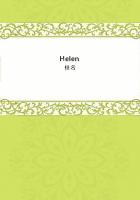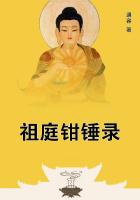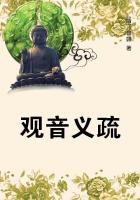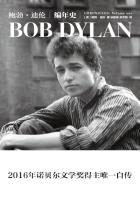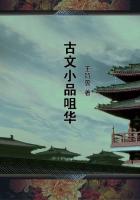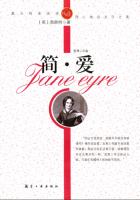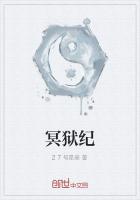The categories of the second class (those of causality and of the necessity of a thing) did not require this homogeneity (of the conditioned and the condition in synthesis), since here what we have to explain is not how the intuition is compounded from a manifold in it, but only how the existence of the conditioned object corresponding to it is added to the existence of the condition (added, namely, in the understanding as connected therewith); and in that case it was allowable to suppose in the supersensible world the unconditioned antecedent to the altogether conditioned in the world of sense (both as regards the causal connection and the contingent existence of things themselves), although this unconditioned remained indeterminate, and to make the synthesis transcendent.Hence, it was found in the Dialectic of the Pure Speculative Reason that the two apparently opposite methods of obtaining for the conditioned the unconditioned were not really contradictory, e.g., in the synthesis of causality to conceive for the conditioned in the series of causes and effects of the sensible world, a causality which has no sensible condition, and that the same action which, as belonging to the world of sense, is always sensibly conditioned, that is, mechanically necessary, yet at the same time may be derived from a causality not sensibly conditioned- being the causality of the acting being as belonging to the supersensible world- and may consequently be conceived as free.Now, the only point in question was to change this may be into is; that is, that we should be able to show in an actual case, as it were by a fact, that certain actions imply such a causality (namely, the intellectual, sensibly unconditioned), whether they are actual or only commanded, that is, objectively necessary in a practical sense.We could not hope to find this connections in actions actually given in experience as events of the sensible world, since causality with freedom must always be sought outside the world of sense in the world of intelligence.But things of sense of sense in the world of intelligence.But things of sense are the only things offered to our perception and observation.Hence, nothing remained but to find an incontestable objective principle of causality which excludes all sensible conditions: that is, a principle in which reason does not appeal further to something else as a determining ground of its causality, but contains this determining ground itself by means of that principle, and in which therefore it is itself as pure reason practical.Now, this principle had not to be searched for or discovered; it had long been in the reason of all men, and incorporated in their nature, and is the principle of morality.
Therefore, that unconditioned causality, with the faculty of it, namely, freedom, is no longer merely indefinitely and problematically thought (this speculative reason could prove to be feasible), but is even as regards the law of its causality definitely and assertorially known; and with it the fact that a being (I myself), belonging to the world of sense, belongs also to the supersensible world, this is also positively known, and thus the reality of the supersensible world is established and in practical respects definitely given, and this definiteness, which for theoretical purposes would be transcendent, is for practical purposes immanent.We could not, however, make a similar step as regards the second dynamical idea, namely, that of a necessary being.We could not rise to it from the sensible world without the aid of the first dynamical idea.For if we attempted to do so, we should have ventured to leave at a bound all that is given to us, and to leap to that of which nothing is given us that can help us to effect the connection of such a supersensible being with the world of sense (since the necessary being would have to be known as given outside ourselves).On the other hand, it is now obvious that this connection is quite possible in relation to our own subject, inasmuch as I know myself to be on the one side as an intelligible [supersensible] being determined by the moral law (by means of freedom), and on the other side as acting in the world of sense.It is the concept of freedom alone that enables us to find the unconditioned and intelligible for the conditioned and sensible without going out of ourselves.For it is our own reason that by means of the supreme and unconditional practical law knows that itself and the being that is conscious of this law (our own person) belong to the pure world of understanding, and moreover defines the manner in which, as such, it can be active.In this way it can be understood why in the whole faculty of reason it is the practical reason only that can help us to pass beyond the world of sense and give us knowledge of a supersensible order and connection, which, however, for this very reason cannot be extended further than is necessary for pure practical purposes.
Let me be permitted on this occasion to make one more remark, namely, that every step that we make with pure reason, even in the practical sphere where no attention is paid to subtle speculation, nevertheless accords with all the material points of the Critique of the Theoretical Reason as closely and directly as if each step had been thought out with deliberate purpose to establish this confirmation.Such a thorough agreement, wholly unsought for and quite obvious (as anyone can convince himself, if he will only carry moral inquiries up to their principles), between the most important proposition of practical reason and the often seemingly too subtle and needless remarks of the Critique of the Speculative Reason, occasions surprise and astonishment, and confirms the maxim already recognized and praised by others, namely, that in every scientific inquiry we should pursue our way steadily with all possible exactness and frankness, without caring for any objections that may be raised from outside its sphere, but, as far as we can, to carry out our inquiry truthfully and completely by itself.Frequent observation has convinced me that, when such researches are concluded, that which in one part of them appeared to me very questionable, considered in relation to other extraneous doctrines, when I left this doubtfulness out of sight for a time and only attended to the business in hand until it was completed, at last was unexpectedly found to agree perfectly with what had been discovered separately without the least regard to those doctrines, and without any partiality or prejudice for them.Authors would save themselves many errors and much labour lost (because spent on a delusion) if they could only resolve to go to work with more frankness.

